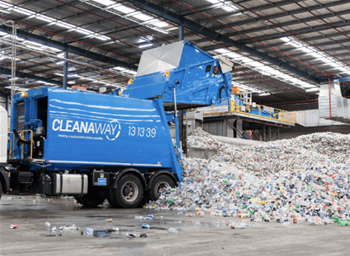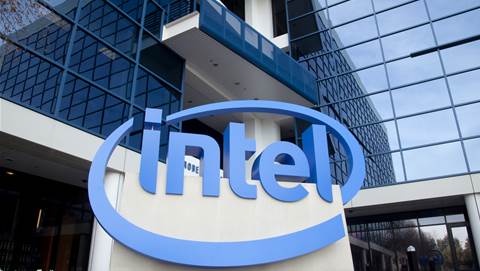Cleanaway is starting to digitise its vehicle maintenance workshops nationally, deploying tablets to manage corrective work orders, with the aim of increasing the productivity of its in-house mechanics.
General manager of solid waste services for Victoria, Preet Brar, told a strategic deep-dive session that the digitisation program started in April, and uses off-the-shelf technology.
Currently, the company has deployed 86 tablet devices to 21 workshops that it uses for maintenance of its waste collection vehicle fleet.
Brar said the company completes some 220,000 paper-based work orders every year.
“Each manual work order has multiple pages attached to it, resulting in over 4 million pieces of paper that we generate to complete maintenance for our fleet,” she said.
“Each work order is manually completed as well, so mechanics are writing the details of the work performed by hand and then passing it on to our admin teams who then input it into our operational systems. Often these work orders have information missing and that requires further clarification before they can input.
“All of this results in an increase in non-productive time.”
Brar said that digitising the work order process is anticipated to produce “significant productivity gains”, both for mechanics and administration teams.
“The time saved especially by our team of mechanics means that we can internalise more fleet maintenance,” Brar said.
“The most immediate benefit is our medium term target of five percent increased mechanic productivity, which leads to more tool time and reduces the amount of work we need to divert to external mechanics at three times the cost.”
Since the start of April, Brar said that “over 3300 tablet-based work orders have been completed”, saving about 42,000 pieces of paper.
“In the next 18 to 24 months, tablet work orders are expected to make up the majority of our work orders,” she said.
The system also hosts “photo and text evidence of repairs”, according to a slide deck, which will be useful for examining the work history on a vehicle, as well as for compliance and reporting purposes.
Brar said that Cleanway is “undertaking a hands-on change management process” in parallel with the digitisation “to ensure a successful uptake and to limit reversion to current processes.”
She noted that the scope of the digitisation could expand to other workshop functions outside of generating and filling out corrective work maintenance orders.
“There is scope to include additional functionality such as preventative maintenance, parts inventory automation and timesheet automation as well,” Brar said.
“[In addition], as we capture more accurate information across our national fleet, we will be able to mine that data, find common failure points … and build that into our preventative maintenance routines.
“This will in time improve fleet uptime which has a direct benefit to the number of services performed, which means more revenue, lower cost, higher service levels for customers and less churn.”





.png&h=140&w=231&c=1&s=0)





















